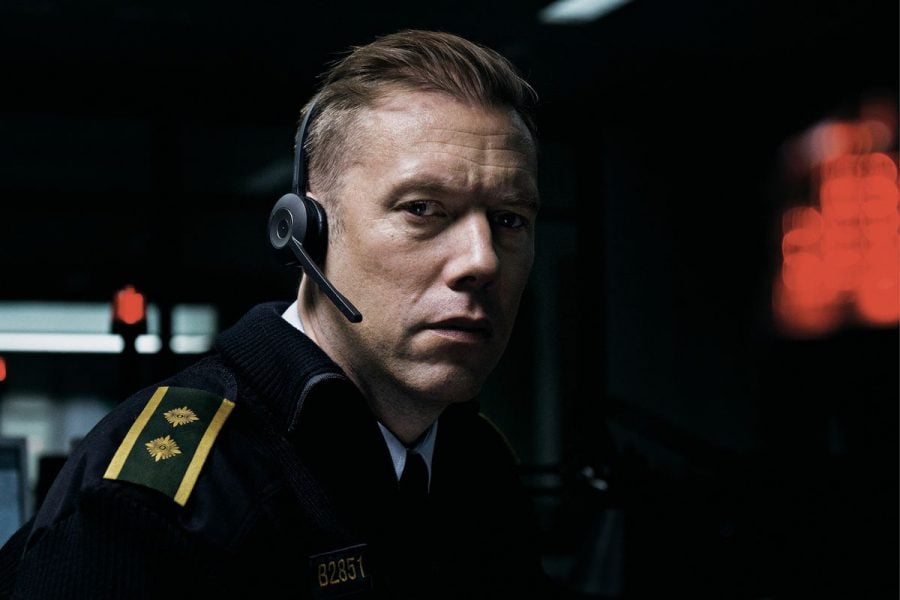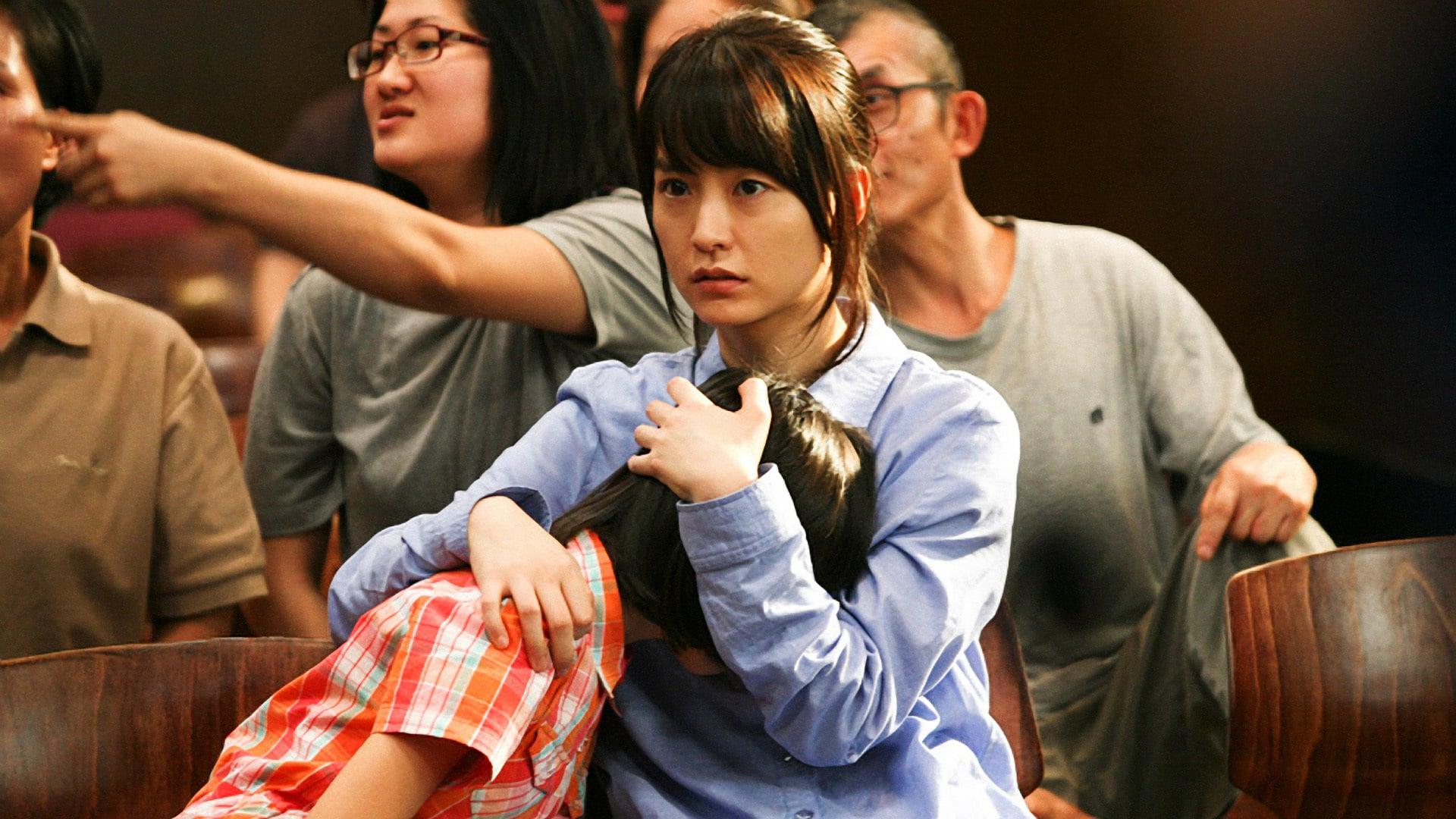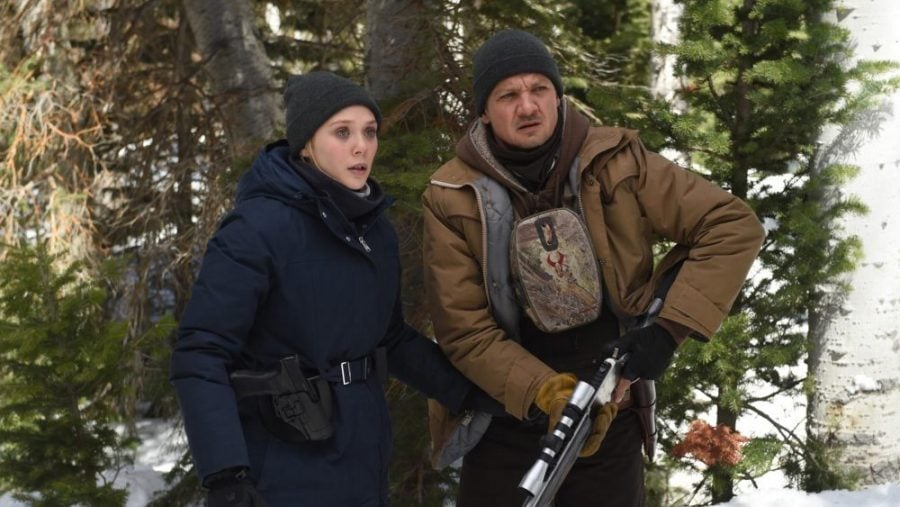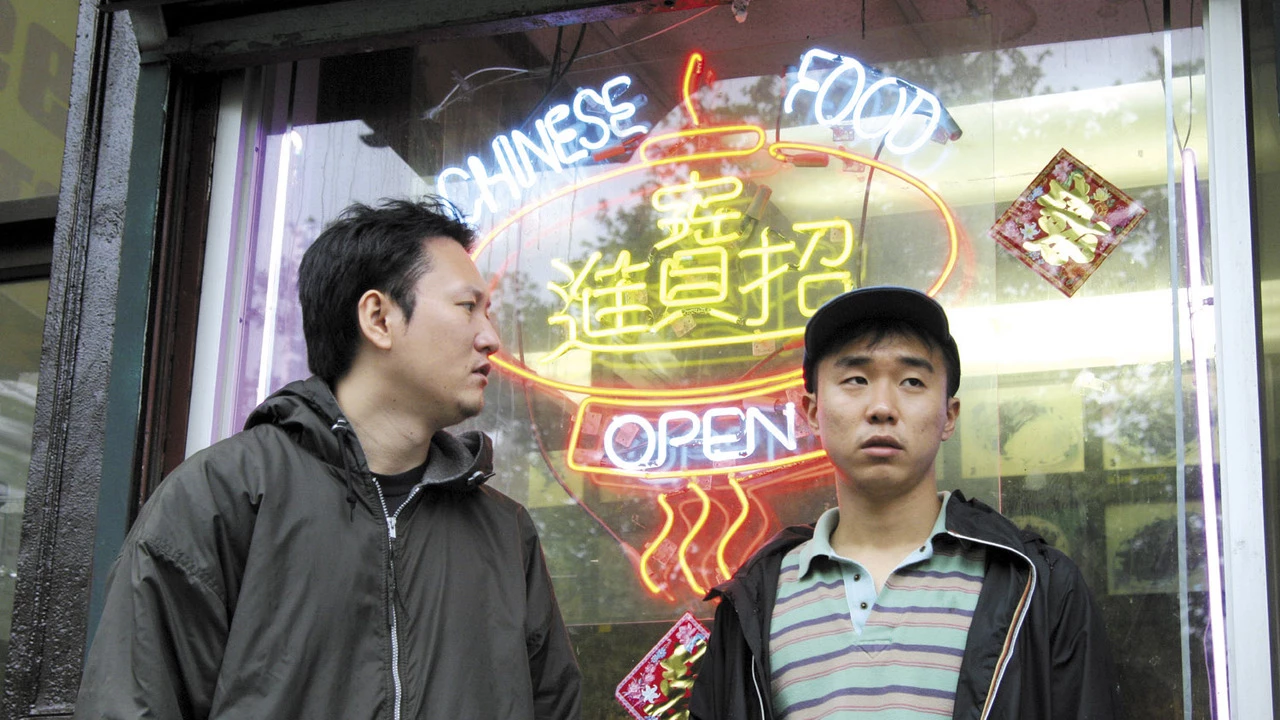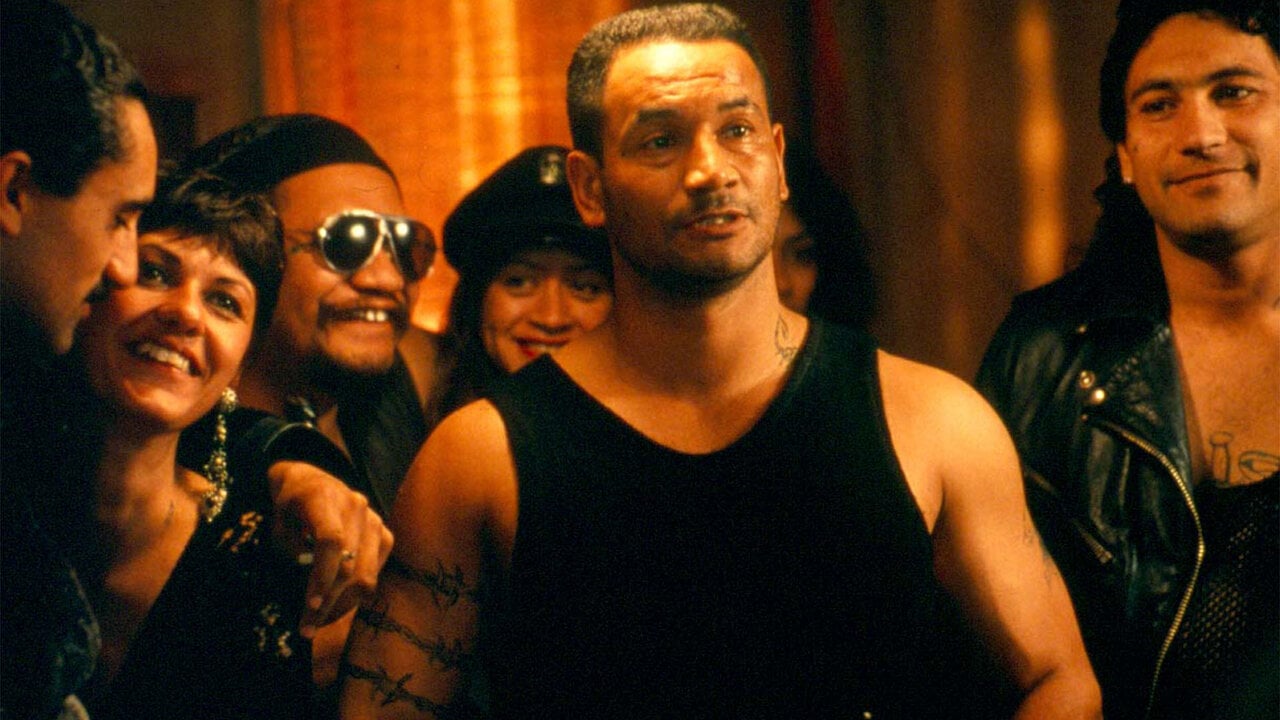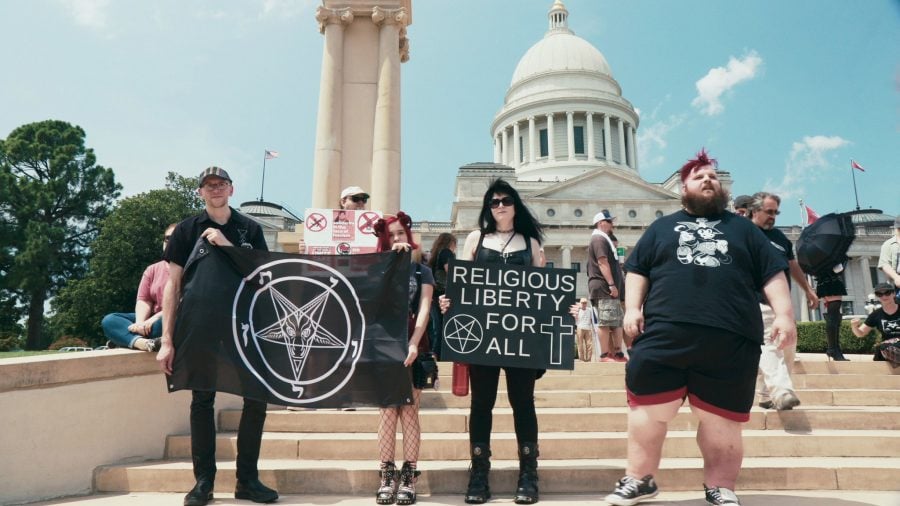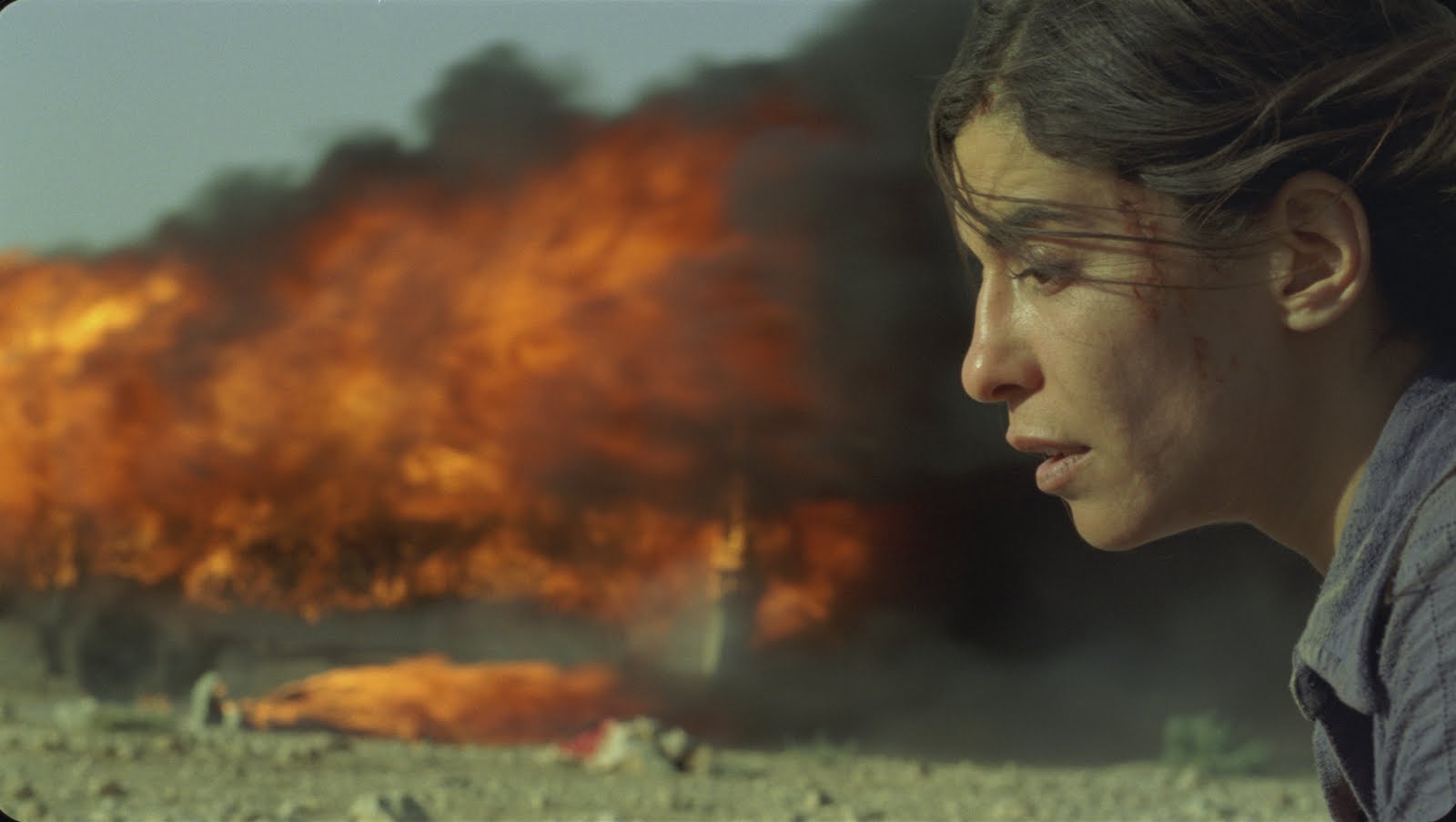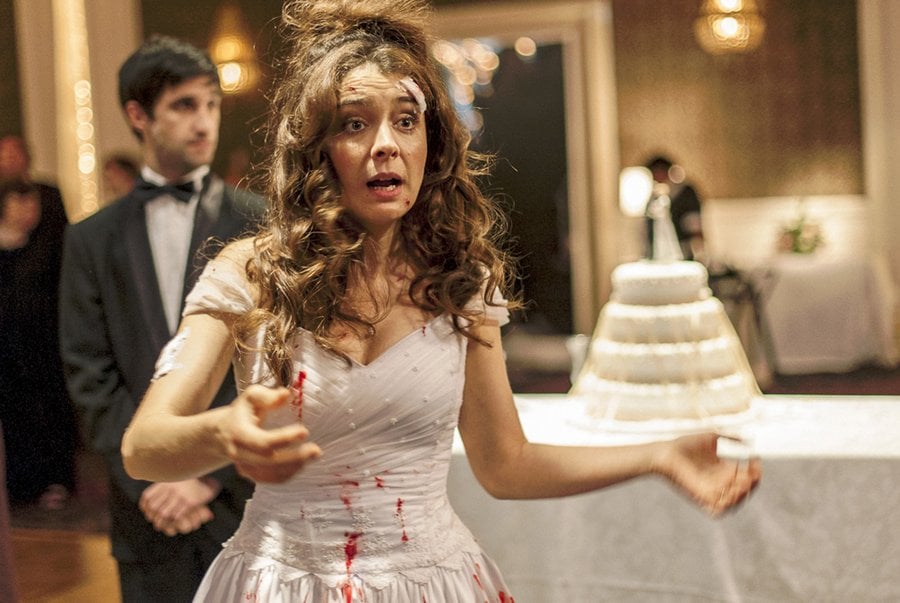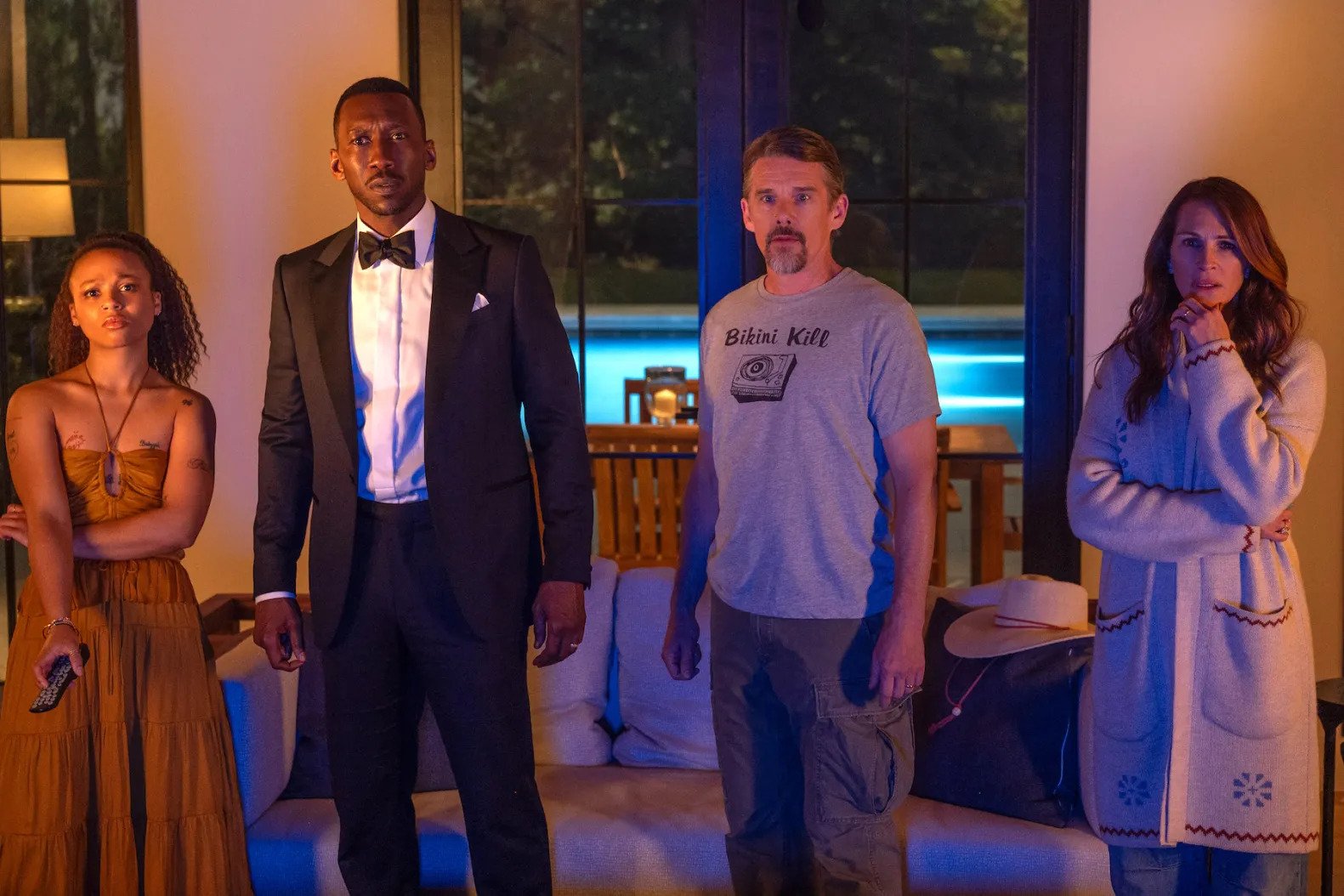Hold Your Fire (2021)

6.8
A fascinating 360-degree view of a historic crisis, that doesn't have the best follow-through
Movie
United States of America
English
Documentary
2021
STEFAN FORBES
93 min
TLDR
Wonder how this police psychologist feels about the past half-century of officers failing to de-escalate situations.
What it's about
Revisiting a 47-hour hostage situation in 1973 Brooklyn through eyewitness accounts and the lens of hostage negotiation tactics.
The take
The main subject that Hold Your Fire promises to be about—negotiation tactics first used in resolving a New York City standoff at a sporting goods store—is ultimately its most least interesting aspect. These supposed tactics aren't too well, and they end up putting a damper on all the human drama that comes before it, which proves strikingly three-dimensional. As the film revisits the details of the hostage situation from the perspective of those who were actually there, it also complicates the situation by compelling us to think of it in a dense, sociopolitical sense rather than a reductive lens of crime and punishment. It's this build-up to the actual negotiation that may actually hold more insight into these kinds of crises.
What stands out
There are small moments of humanity that come through from the talking heads interviews conducted for this film, but a moment that feels both unexpected and kind is one in which an interview is paused so that the interviewee can pray. The filmmakers didn't have to leave the cameras on for this or include this in the final edit, but a candid moment like this carries weight in this context—seeing as the hostage-takers here were Sunni Muslims, historically not the kind of group to be looked at without bias in America. And being able to see this religion be represented in such a small, honest way says so much without having to say much at all.
Comments
Your name
Your comment
Your comment
UP NEXT
UP NEXT
UP NEXT
Curated by humans, not algorithms.

© 2025 agoodmovietowatch, all rights reserved.








